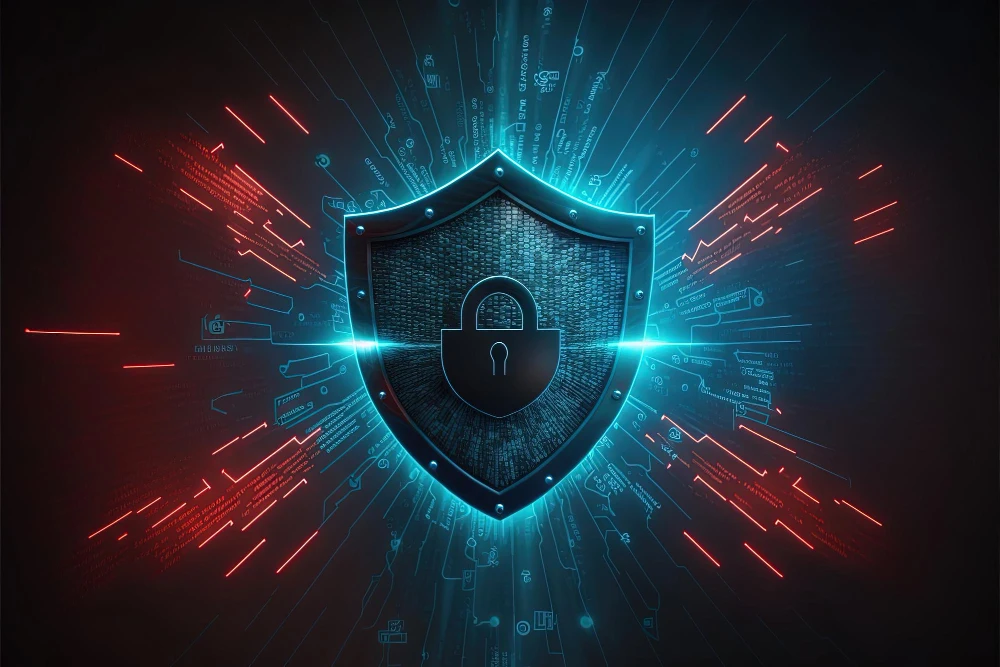The internet is a fantastic tool for businesses, but it also comes with its own set of challenges. One of the most important is cybersecurity – protecting your business, your data, and your customers from cyberattacks.
Cybersecurity might sound complicated, but even small steps can make a big difference. This guide will break down cybersecurity into easy-to-understand tips that any business owner can implement.
Why is Cybersecurity Important?
Think of your business like a brick-and-mortar store. You have security measures in place to prevent theft, right? Cybersecurity is the digital equivalent.
A data breach can be devastating for a business. It can lead to:
-
Financial Loss: You might have to pay fines or compensate customers for stolen data.
-
Damaged Reputation: A cyberattack can erode customer trust and make it hard to do business.
-
Disrupted Operations: A cyberattack can take down your systems, halting your ability to operate.
By taking cybersecurity seriously, you can protect your business from these risks and ensure its smooth operation.
Building a Strong Cybersecurity Foundation
Here are some key areas to focus on to improve your business's cybersecurity posture:
-
Employee Education: Your employees are your first line of defense. Train them to identify phishing emails, avoid suspicious links, and create strong passwords.
-
Strong Passwords & Multi-Factor Authentication: Enforce complex, unique passwords for all accounts and enable multi-factor authentication (MFA) wherever possible. MFA adds an extra layer of security by requiring a second verification step, like a code from your phone, to log in.
-
Software Updates: Outdated software often has security vulnerabilities that hackers can exploit. Make sure to update your operating systems, applications, and security software regularly.
-
Antivirus and Anti-Malware: Install reputable antivirus and anti-malware software on all your business devices. Schedule regular scans to detect and remove threats.
-
Firewalls: A firewall acts as a barrier between your internal network and the internet, filtering incoming and outgoing traffic.
-
Data Backups: Regularly back up your critical data to a secure location. In case of a cyberattack, having a backup ensures you can restore your data and minimize downtime.
Taking it a Step Further
Once you have the basics covered, here are some additional steps to enhance your cybersecurity:
-
Secure Wi-Fi: Use strong encryption for your business Wi-Fi network and avoid using public Wi-Fi for sensitive tasks.
-
Limit Data Access: Grant employees access only to the data they need to perform their jobs. This reduces the risk of unauthorized access to sensitive information.
-
Physical Security: Secure your physical devices (laptops, desktops) with strong passwords and encryption. Don't leave them unattended in public places.
-
Mobile Device Security: Implement policies for employee-owned devices accessing your network. Require strong passwords and consider mobile device management (MDM) solutions for added security.
-
Incident Response Plan: Develop a plan for what to do in case of a cyberattack. This includes identifying who to contact, how to contain the damage, and how to communicate with customers.
Remember: Cybersecurity is an ongoing process. Stay informed about the latest threats and update your strategies accordingly.
Bonus Tip: Consider consulting with a cybersecurity professional to conduct a risk assessment and recommend additional security measures specific to your business needs.
By following these simple steps, you can significantly improve your business's cybersecurity posture and protect your valuable data from cyberattacks.







